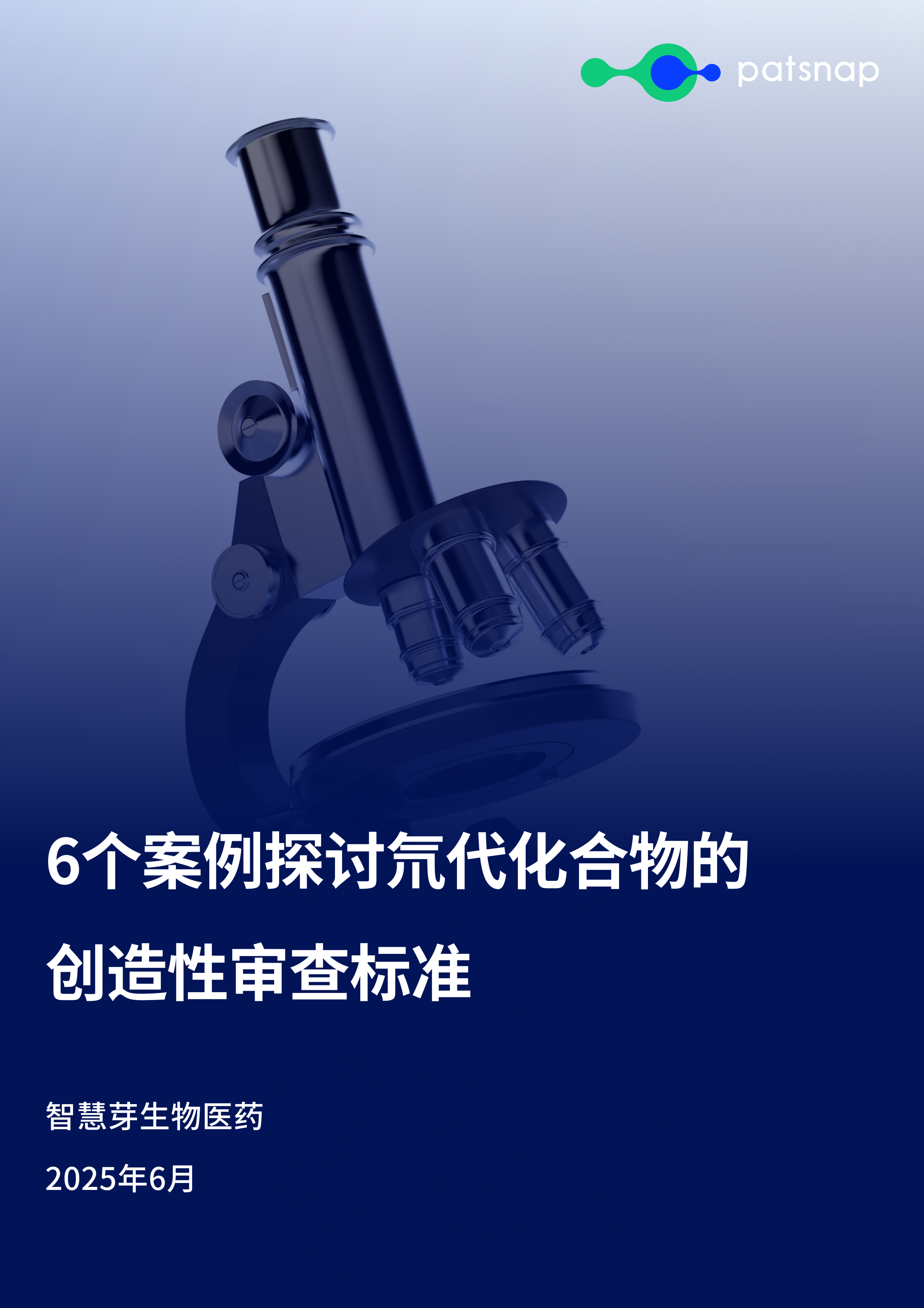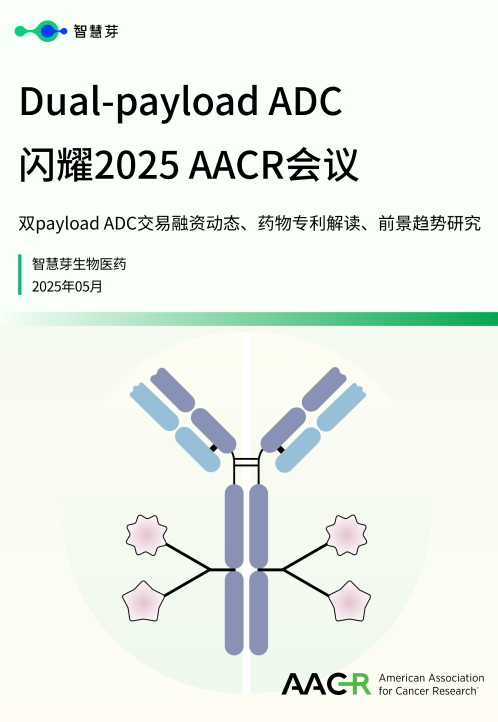预约演示
Three Patients with Invasive Fusarium Infection in Matinas BioPharma’s Oral MAT2203 Compassionate/Expanded Use Access Program Achieve Complete Clinical Response
临床结果寡核苷酸
March 22, 2024 (GLOBE NEWSWIRE) -- Matinas BioPharma Holdings, Inc. (NYSE American: MTNB), a clinical-stage biopharmaceutical company focused on delivering groundbreaking therapies using its lipid nanocrystal (LNC) platform delivery technology, announces complete clinical response in three patients with serious invasive fusarium infection following treatment with MAT2203, Matinas’ oral formulation of the potent antifungal amphotericin B. All three patients were enrolled in the Company’s Compassionate/Expanded Use Access Program and were treated by Marisa H. Miceli, MD, Professor of Medicine, Specializing in Fungal Infections and Transplant Diseases, Division of Infectious Diseases, Internal Medicine, at the University of Michigan.
“Invasive fusarium infection is often difficult to treat as clinically relevant fusarium species are resistant to almost all currently used antifungals including azoles and echinocandins, making it highly gratifying to announce the complete clinical response following treatment with oral MAT2203 for these seriously ill patients with limited treatment options,” said Theresa Matkovits, PhD, Chief Development Officer of Matinas. “While we don’t have the exact isolates and corresponding minimum inhibitory concentrations for all these patients, we do know that effective treatment of fusarium generally requires higher concentrations of amphotericin B than invasive aspergillosis, for example. The successful MAT2203 treatment outcome in these patients therefore adds to our confidence for the upcoming ORALTO Phase 3 trial in patients suffering from invasive aspergillosis with limited treatment options. We are grateful to these patients for participating in our program.”
A 40-year-old female patient with extensive burns on more than 34% of her body developed complications of a urinary tract infection, ventilator-associated pneumonia, and C. difficile colitis. Her treatment required multiple surgical operations for debridement of wounds and skin grafting and she developed a soft tissue fusarium infection of the left foot at a skin grafting site, which was resistant to voriconazole. Treatment with IV-amphotericin B led to nephrotoxicity and her fusarium infection showed resistance to all other antifungals. She was transitioned to oral MAT2203 for two weeks, which led to clinical resolution of her fungal infection.
A 48-year-old female renal transplant recipient with a weakened immune system developed chronic non-healing leg wounds. A fungal skin lesion culture was positive for an azole-resistant fusarium infection, which was only susceptible to amphotericin B. The patient was unable to receive long-term treatment with IV-amphotericin B due to her underlying condition, including risk for development of nephrotoxicity, and was transitioned to oral MAT2203. She began to show clinical improvement following two weeks of oral MAT2203 treatment and her skin wounds completely healed following six months of MAT2203 treatment.
A 69-year-old man with coronary artery disease, hyperlipidemia, hypertension, emphysema, aortic valve replacement, with small cell lung cancer being treated with chemotherapy, developed fever. CT scans exhibited a left upper lobe consolidation of the lung with a culture showing positive for an azole-resistant fusarium species. The patient was treated with oral MAT2203 on an out-patient basis for six months. Repeat CT scan following MAT2203 treatment showed improvement in fungal infection, with some new nodules due to progression of malignancy.
These three patients with fusarium infection are included in the 19 total patients discussed in Matinas’ recently announced update to the MAT2203 Compassionate/Expanded Use Access Program; however, two of the three patients had not yet achieved complete clinical resolution at the time of that report.
“MAT2203 continues to demonstrate its potential to effectively treat invasive fungal infections and help patients achieve complete clinical resolution. These very sick patients unfortunately are faced with a variety of complex medical challenges in addition to their fungal disease. MAT2203 has demonstrated the ability to resolve these deadly infections, allowing physicians to concentrate their efforts on the patients’ other underlying conditions,” said Jerome D. Jabbour, Chief Executive Officer of Matinas. “If approved, an oral, effective and safe MAT2203 could represent a new treatment paradigm for the unmet medical need in the treatment of invasive fungal infections.”
MAT2203 is not yet licensed or approved anywhere globally.
About MAT2203
Matinas BioPharma is developing MAT2203 as a potential oral broad-spectrum treatment for invasive deadly fungal infections. Although amphotericin B is a fungicidal agent, it is currently only available through an intravenous route of administration, which is known to be associated with several significant safety issues such as renal toxicity and anemia due to very high circulating levels of amphotericin B. MAT2203 has the potential to overcome the significant limitations of the currently available amphotericin B products due to its targeted oral delivery. Combining comparable fungicidal activity with targeted delivery results in a lower risk of toxicity and potentially creates the ideal antifungal agent for the treatment of invasive fungal infections. MAT2203 was successfully evaluated in the completed Phase 2 EnACT study in HIV patients suffering from cryptococcal meningitis, meeting its primary endpoint, and achieving robust survival. MAT2203 will be further evaluated in a single Phase 3 registration trial (the “ORALTO” trial) as an oral step-down monotherapy following treatment with AmBisome® (liposomal amphotericin B) compared with the standard of care in patients with invasive aspergillosis who have limited treatment options.
About Matinas BioPharma
Matinas BioPharma is a biopharmaceutical company focused on delivering groundbreaking therapies using its lipid nanocrystal (LNC) platform delivery technology.
Matinas’ lead LNC-based therapy is MAT2203, an oral formulation of the broad-spectrum antifungal drug amphotericin B. In addition to MAT2203, preclinical and clinical data have demonstrated that this novel technology can provide solutions to many challenges of achieving safe and effective intracellular delivery of both small molecules and larger, more complex molecular cargos including small oligonucleotides such as ASOs and siRNA. The combination of its unique mechanism of action and flexibility with routes of administration (including oral) positions Matinas’ LNC technology to potentially become a preferred next-generation orally available intracellular drug delivery platform. For more information, please visit www.matinasbiopharma.com.
The content above comes from the network. if any infringement, please contact us to modify.
靶点
-Eureka LS:
全新生物医药AI Agent 覆盖科研全链路,让突破性发现快人一步
立即开始免费试用!
智慧芽新药情报库是智慧芽专为生命科学人士构建的基于AI的创新药情报平台,助您全方位提升您的研发与决策效率。
立即开始数据试用!
智慧芽新药库数据也通过智慧芽数据服务平台,以API或者数据包形式对外开放,助您更加充分利用智慧芽新药情报信息。



